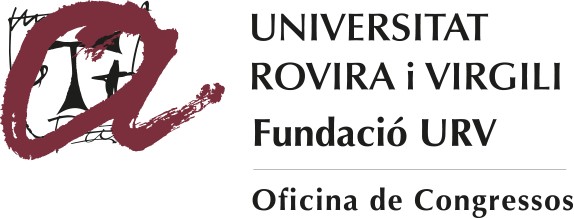Welcome from the Rector
The climate emergency is a reality we must address with decisive measures. In June 2019, the Senate of the URV, the institution’s highest governing body, being aware of the gravity of the situation and upon the initiative of URV researchers, approved a statement on this matter. The URV has also aligned its governing actions with the 17 Sustainable Development Goals of the UN, which include climate action in relation to Goal 13.
And it is precisely in line with this goal that the URV has proposed measures such as the introduction of renewable energies and a commitment to reduce CO2 emissions by 20% by the year 2020 to reduce its carbon footprint, one of the main accelerators of climate change. In fact, thanks to energy-saving measures, from 2005 to 2018, the URV has managed to reduce its electrical power consumption by 41% per building square metre. Similarly, with a view towards the 2019-20 academic year, the URV is strengthening its commitment to promoting public transport by providing funding to offer better fares to the university community (students, teaching and research staff, and administrative and service staff) and extending lines and timetables.
The URV’s for these sessions is to alert the public and the university community and make them aware of the importance of rising up to and taking on these challenges together. The URV wants to act as a catalyst and promoter of initiatives that can counteract and decelerate climate change. Unfortunately, some of the consequences of climate change have already exerted a negative impact on Southern Catalonia, such as the massive forest fire in Ribera d’Ebre. The URV would like to be involved in helping this area to recover, in helping life to flourish there once more, and in helping the Ribera d’Ebre region rise quickly again from the ashes. To this end, the fourth day of this conference is set aside for a discussion among stakeholders about how this idea can be materialised through the design of Territorial Competitiveness and Specialization Projects (PECT), with the involvement of the Provincial Councils, the municipalities of Southern Catalonia, the Government of Catalonia, and the URV itself.
María José Figueras
Rector of Rovira i Virgili University

